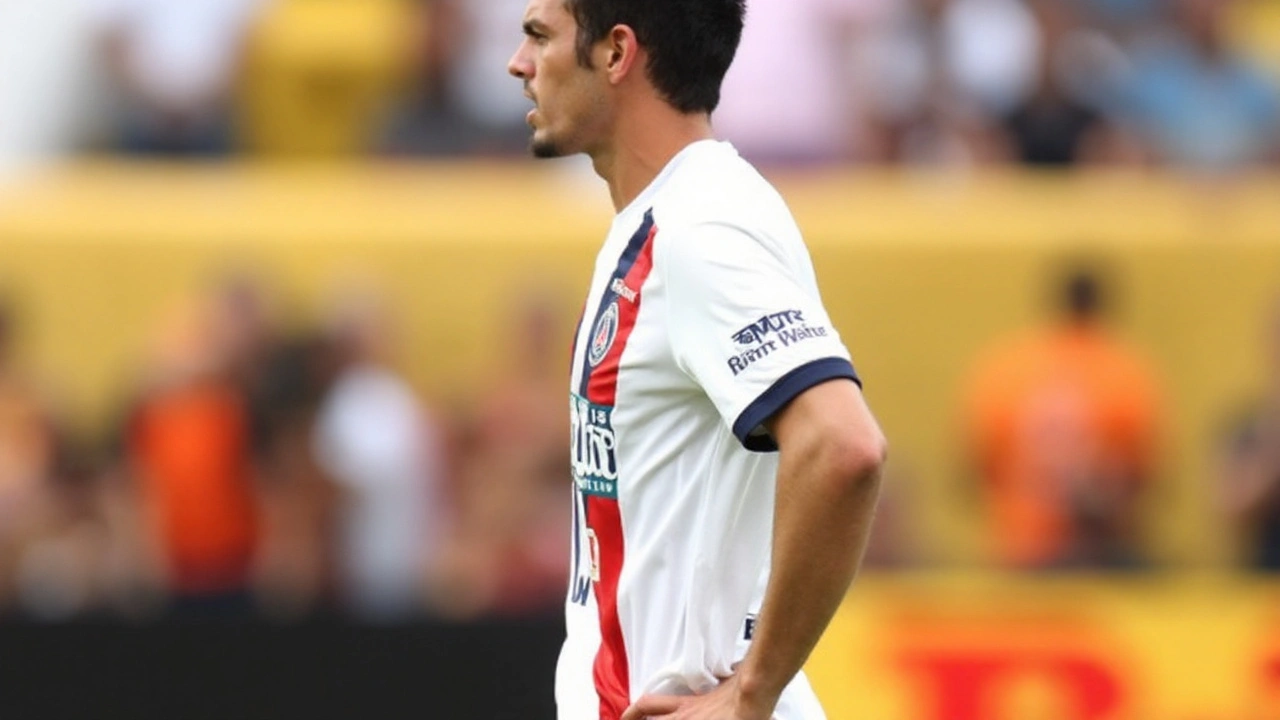UEFA Super Cup — quick guide to the match of champions
Want a fast explainer of the UEFA Super Cup? It’s the one-match showdown between the winners of Europe’s top club tournaments. Think of it as a curtain-raiser where the Champions League winner meets the Europa League winner. The game is short, intense and often gives a hint about how clubs will start the new season.
How the Super Cup works
Two teams play one match at a neutral stadium chosen by UEFA. If the score is level after 90 minutes, the game can go to extra time and then penalties. That makes for drama in a compact package — no second leg, no long away trips. Qualification is simple: win the Champions League or the Europa League the season before, and you’re in.
Because it’s a single fixture, managers sometimes use the game to try out tactics or give minutes to new signings. Players see it as a chance to win silverware early and build momentum. For fans it’s a chance to watch high-level football in a festival-like atmosphere without the long commitment of a knockout tie.
Where it matters and who to watch for
The match travels around Europe. UEFA picks the host city and stadium, which gives different fan bases a chance to attend each year. That rotation also helps local organisers attract visitors and create a big matchday feel.
Historically, big clubs like Real Madrid, Barcelona and AC Milan have made the Super Cup a priority and collected titles. But the match also produces surprise winners and breakout moments for young players. If you want patterns, look at squads after transfers: a team that has kept its core together and added quality signings usually looks sharp.
Tickets usually come through club allocations and UEFA ticket sales. Prices and availability vary fast, so book early if you plan to travel. At the stadium, expect fan zones, pre-match events and strong security. If you go, arrive early to soak up the atmosphere.
How to watch, stream and follow live
Broadcast rights change by country, so check local sports channels or your usual streaming platforms. UEFA’s official channels and the clubs’ social media pages give reliable live updates, highlights and lineups. If you follow from home, set an alert for kickoff and check kickoff time in your time zone — matches are often scheduled for evenings in Europe, which can be late or early depending where you are.
Want a better viewing experience? Watch pre-match analysis for likely lineups, and check injury reports an hour before kick-off. If you plan to bet or make fantasy picks, wait for the official starting XI — managers sometimes make late changes in these early-season fixtures.
Curious about the next Super Cup or looking for live updates and match reports? RSA Daily News Hub covers previews, scores and post-match analysis, so you won’t miss the key moments.
